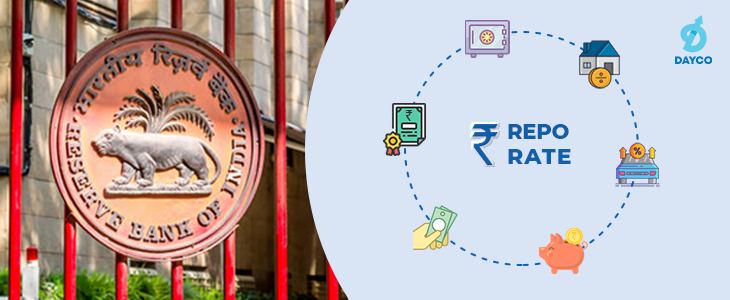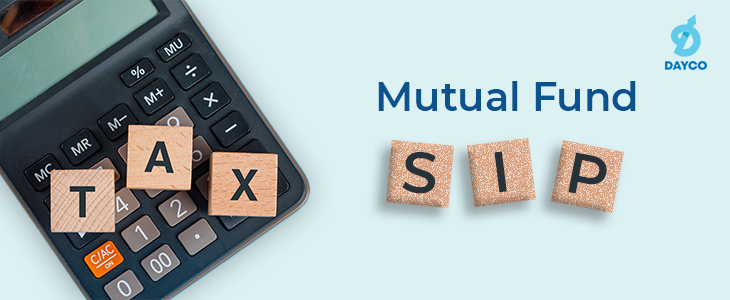আজ আমরা এমটিএফ নিয়ে কথা বলবো। প্রথমেই জানা যাক এমটিএফ-এর অর্থ কী? এমটিএফ অর্থাৎ মার্জিন ট্রেড ফান্ডিং। এমটিএফ – এটি এমন একটি সুবিধা যা আপনার ব্রোকারের কাছ থেকে আপনি পেতে পারেন। এই সুবিধার মাধ্যমে আপনি যে পরিমাণ শেয়ার কিনতে চান, এবং তার জন্য আপনাকে মোট যে মূল্য দিতে হয় সেই মোট মূল্যের একটা পার্সেন্টেজ(%) দিয়ে আপনি শেয়ারগুলোর মালিক হতে পারেন। একটা উদাহরণ দিয়ে বোঝানোর চেষ্টা করা যাক। ধরা যাক – আপনি কোনো কোম্পানির ১০০ টা শেয়ার কিনতে চান। যার প্রত্যেক শেয়ারের বাজার দাম ২৫০০ টাকা, এবং মার্জিন ২০%। তাহলে ১০০ টা শেয়ার কিনতে মোট দাম পড়বে ২৫০০০০ টাকা। কিন্তু মার্জিন ট্রেডিং-এর সুবিধা থাকার …
মার্জিন ট্রেড ফান্ডিং

























